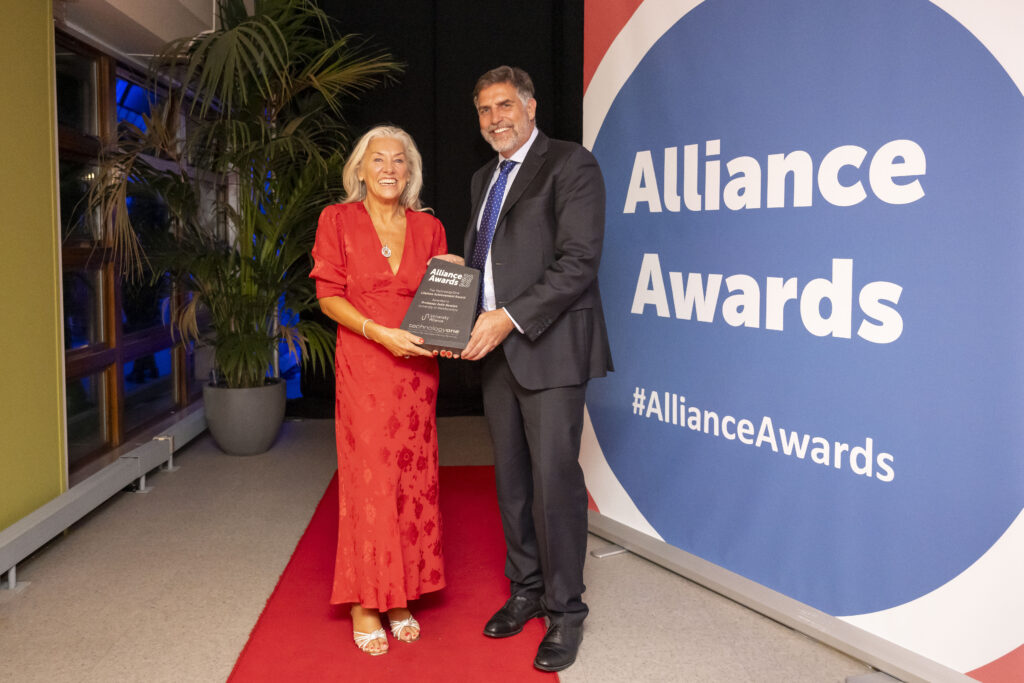Debate must not be clouded by misconceptions about what the proposals would mean. We believe these proposals would be better described as a university graduate contribution system.
Students would not pay anything upfront: it is graduates who would be asked to make a contribution. This would work like a tax on income above £21,000, for a limited period. It would not be like a credit card debt or a mortgage, and would not prevent anyone from getting a mortgage in the future.
Low earners would be protected, and would never have to pay anything back. Safeguards would include interest rate protection and a writeoff after 30 years. The government would carry all the risk. Students and parents would have nothing to pay before enrolment or while studying, and students from low-income families would be eligible for additional support in the form of increased grants, scholarships and maintenance loans.
Given the shared benefit of higher education to the individual and to society, it is widely accepted that graduates (not students) should make some form of contribution if they benefit financially. It is also widely accepted that the state should make a direct contribution to the cost of delivering high-quality university education.
We must identify the correct balance of contribution between the individual and the state in the forthcoming white paper on higher education. This underlying principle will have significant consequences for the future of our world-class public higher-education system, and must not be submerged by the immediate crisis in the public finances.
Professor Janet Beer
Chair of University Alliance and vice-chancellor of Oxford Brookes University
Read the full article.



